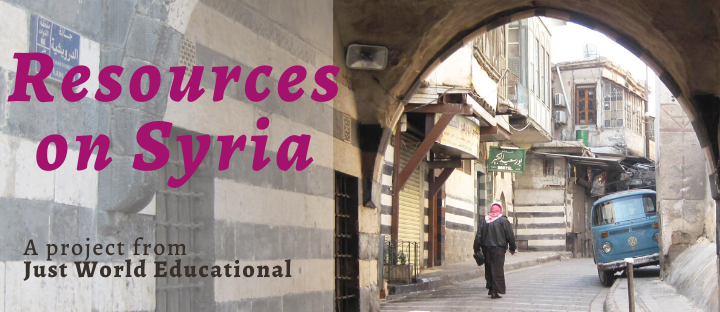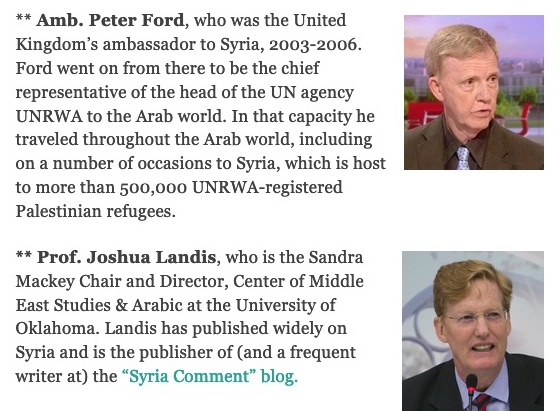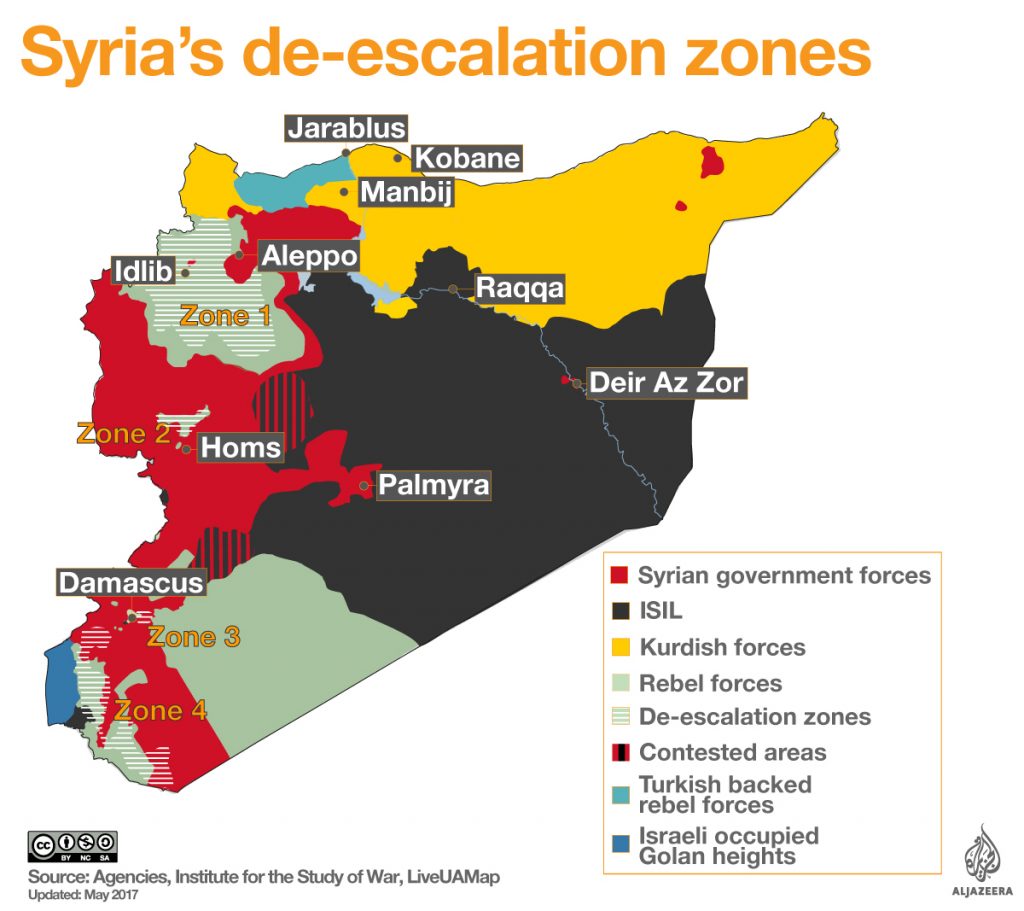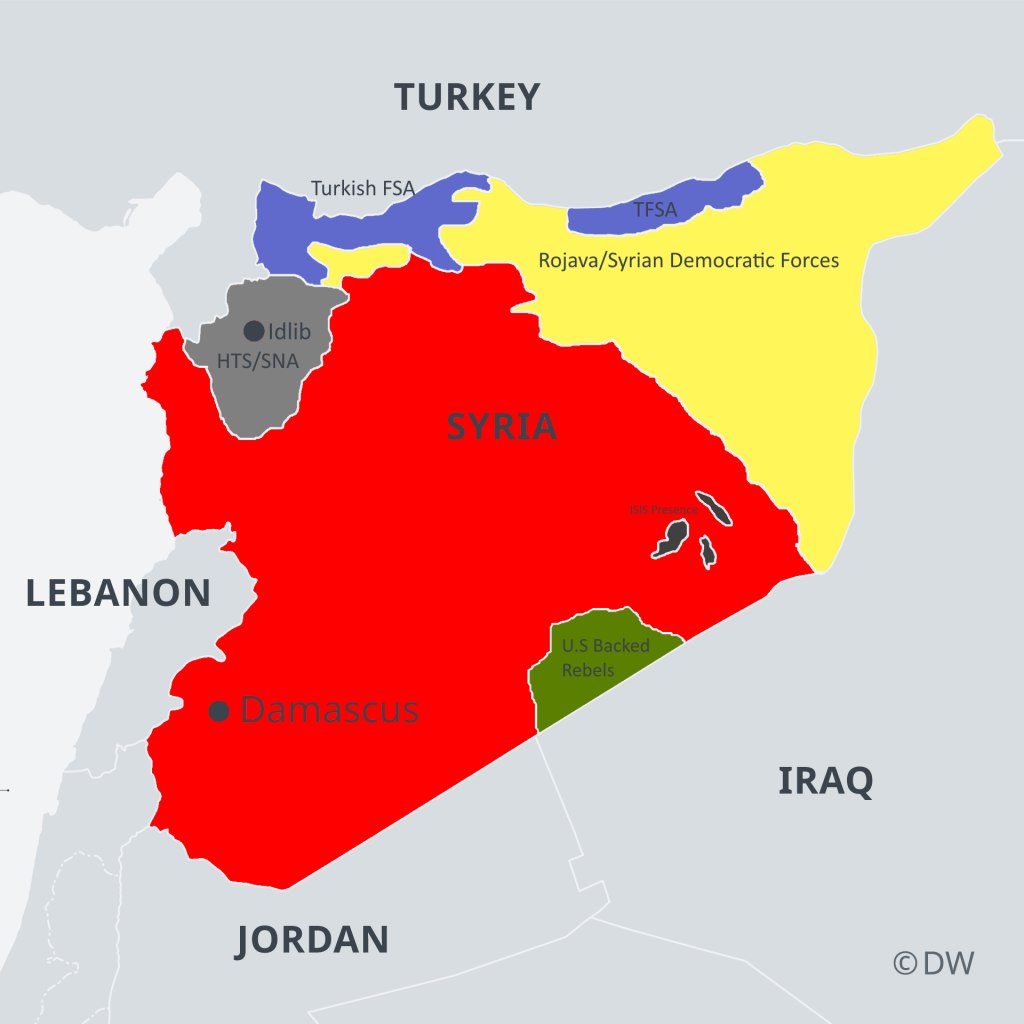This page contains materials that Just World Ed created through the “Commonsense on Syria” webinar series, and some associated learning materials. The webinars started on March 25, 2020 and will continue to be presented (at 1 pm ET) each Wednesday and Saturday, through April 25.
Our goal with this project has been to present a variety of expert voices on Syria with an emphasis on views that are under-or un-represented in Western corporate media. See details of the whole series and register for the remaining sessions, here.
Videos and resources from the “Commonsense on Syria” webinars:
Session 1, March 25:
“Introduction to Syria, its people, and history pre-2011”, featuring Amb. Peter Ford and Prof. Joshua Landis as panelists.
Session 2, March 28:
“The Syrian Uprising in the context of the Arab Spring.” This one featured Prof. Richard Falk and Ms. Vanessa Beeley as panelists.
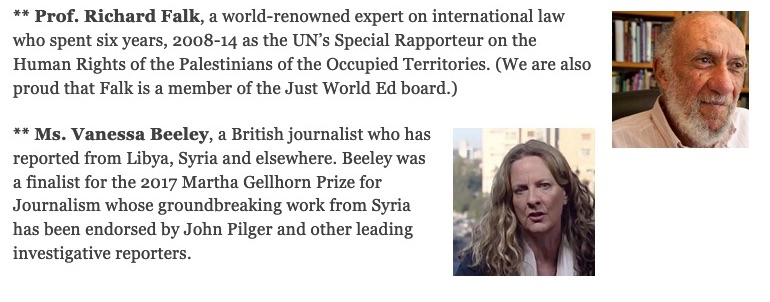
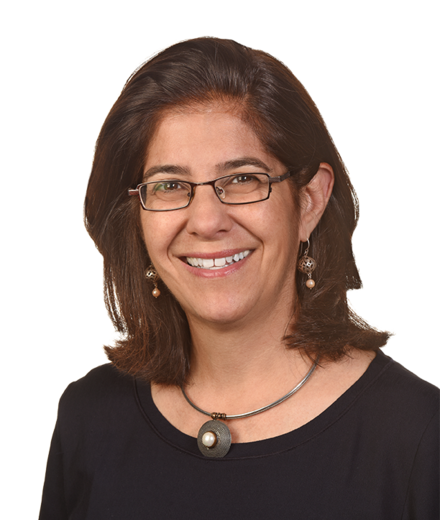
Session 3, April 1:
“US policy toward Syria.” This one featured Ms. Mona Yacoubian, discussing U.S. policy toward Syria with Just World Ed head Helena Cobban.
** Mona Yacoubian is a Senior Advisor to the Vice President for Middle East & Africa at the U.S. Institute of Peace. Her work centers on conflict analysis and prevention in the Middle East, with a specific focus on Syria, Iraq, and Lebanon. In 2019, she served as executive director of the Congressionally-appointed Syria Study Group. Prior to joining USIP, Yacoubian served as deputy assistant administrator in the Middle East Bureau at USAID, 2014-17, with responsibility for Iraq, Syria, Jordan and Lebanon.
Session 4, April 4:
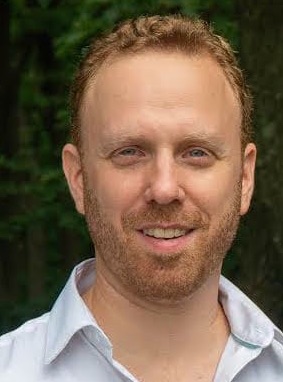 “Western media’s role, including on the chemical weapons issue.” This session featured Mr. Max Blumenthal talking about Western media’s role in Syria with Just World Ed head Helena Cobban.
“Western media’s role, including on the chemical weapons issue.” This session featured Mr. Max Blumenthal talking about Western media’s role in Syria with Just World Ed head Helena Cobban.
** Max Blumenthal is a journalist, author, blogger, and filmmaker. He was awarded the 2014 Lannan Foundation Cultural Freedom Notable Book Award for his book Goliath: Life and Loathing in Greater Israel (2013). He was formerly a writer for AlterNet, The Daily Beast, Al Akhbar, and Media Matters for America, and was a Fellow of the Nation Institute.He is the founder and publisher of The Grayzone, an investigative news-site.
Session 5, April 8:
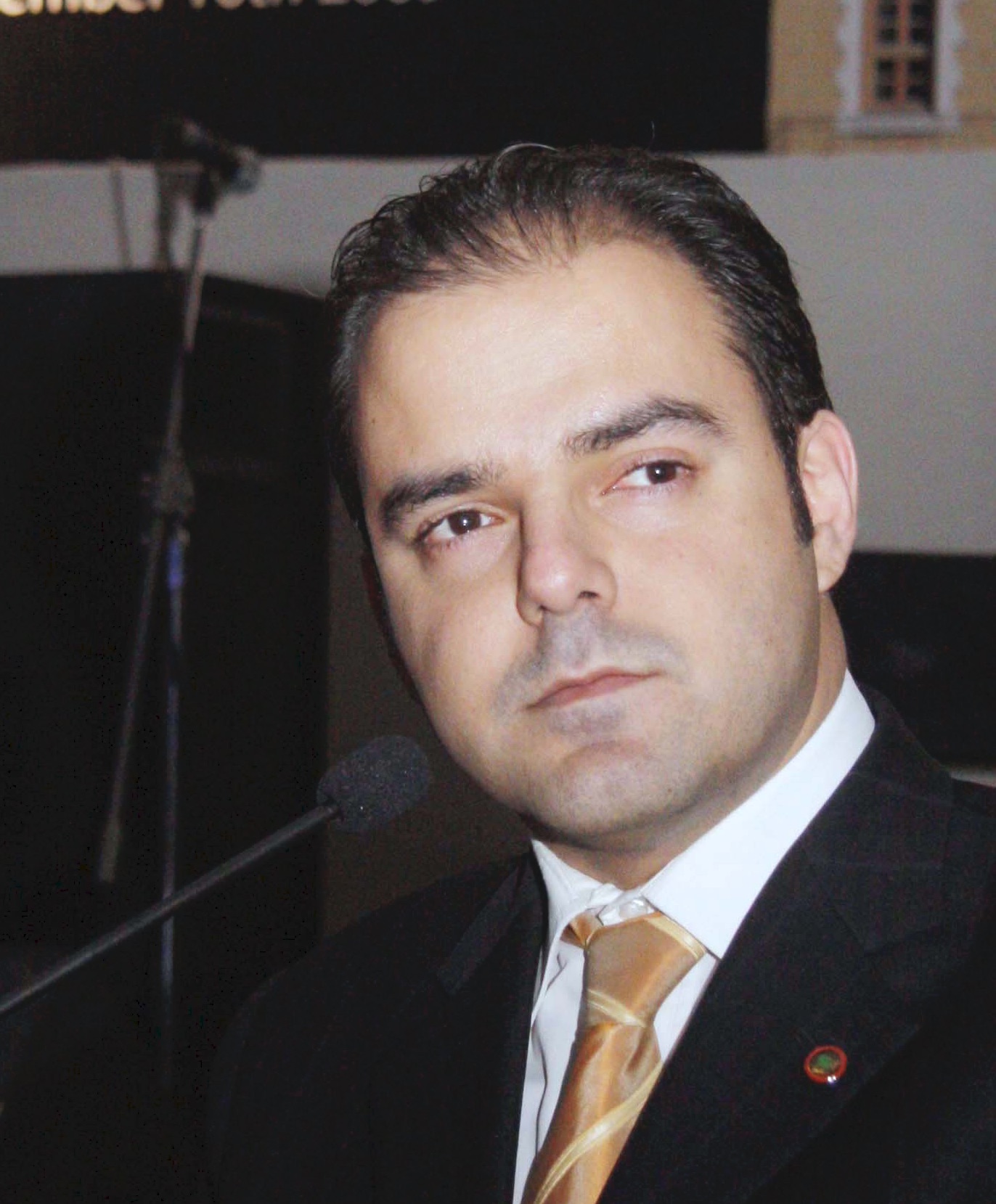 “Israel’s role in Syria.” This session featured Syrian historian Dr. Sami Moubayed with JWE President Helena Cobban.
“Israel’s role in Syria.” This session featured Syrian historian Dr. Sami Moubayed with JWE President Helena Cobban.
** Sami Moubayed is a Syrian historian and writer who won his Ph.D. from the University of Exeter, UK. He has authored nine books about Syria’s modern history, some in Arabic, some in English. They include Under the Black Flag: An Exclusive Insight into the Inner Workings of ISIS, (I.B. Tauris, 2015.) He has also published interviews with numerous political figures worldwide. In April 2017, he co-founded The Damascus History Foundation, an NGO aimed at preserving the threatened archives of the Old City of Damascus.
Session 6, April 11:
“Syria in the Region.” The sixth session included journalists Elijah Magnier and Sharmine Narwani in conversation with JWE President Helena Cobban.
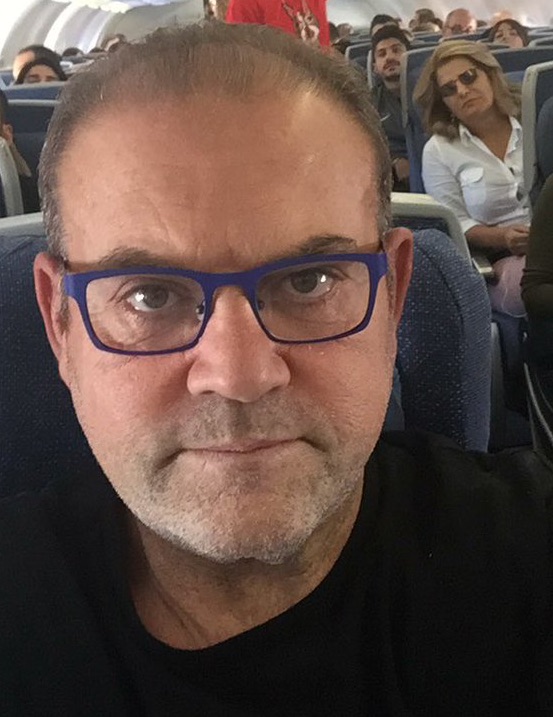
** Elijah Magnier is a journalist and analyst with 38 years of experience covering Middle Eastern strategic affairs. From 1982 through 1990 he covered Lebanon (including the 1982 Israeli invasion and its aftermath) and the Iran-Iraq war for the Italian news agency Ansa. He has worked for various news outlets since 1990, covering major regional developments from Iran to Libya. Since 2003 he has been the chief international correspondent for the Kuwaiti daily, Al-Rai.
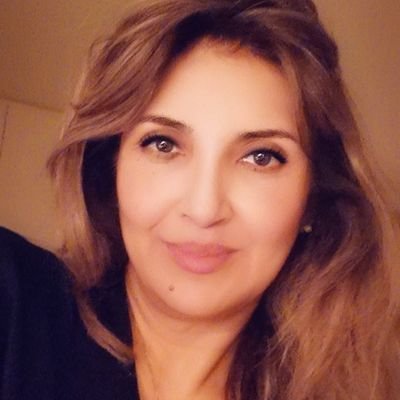
** Sharmine Narwani is a Beirut-based journalist and writer. From 2010 through 2014 she was a Senior Associate at St. Antony’s College, Oxford. Her commentaries and analysis have appeared in a variety of media, including Al Akhbar English, the New York Times, The Guardian, Al Jazeera English, BRICS Post, the Huffington Post, As-Safir, USA Today, Russia Today, and Salon.com.
Session 7, April 15:
“Syrian refugees and IDPs.” This session featured Ms. Tima Kurdi and Prof. Omar Dahi, talking with Ms. Cobban.
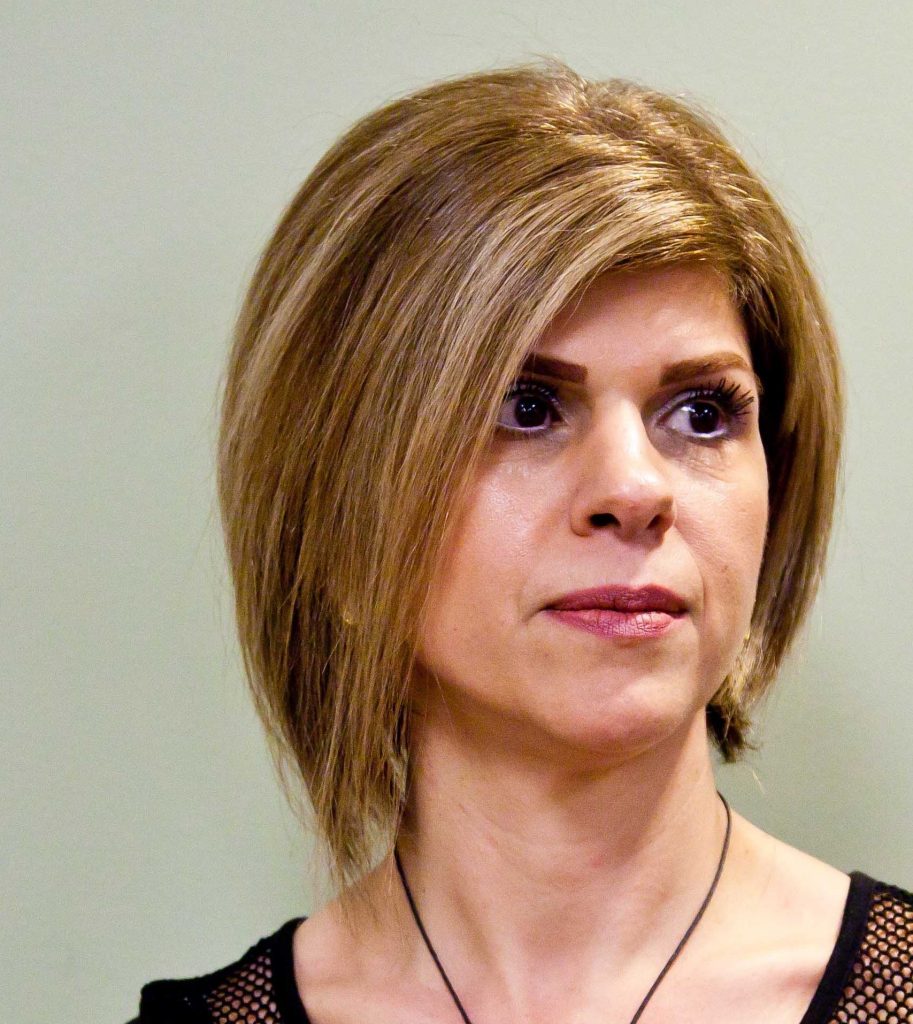
** Tima Kurdi, is the author of The Boy on the Beach, a searingly intimate account of the lives of her family and the deaths of her two nephews, Alan and Ghalib Kurdi, and their mother Rehanna, on a beach in Turkey in 2015. In her book, Kurdi describes her childhood in 1980s Damascus and how as a young adult she had immigrated to Canada. Her father and five siblings were less lucky and have suffered all the privations, displacement, and anguish that the war has brought to Syria.
After the tragedy that struck her family in 2015, Kurdi threw herself into working to help Syrian refugees and internally displaced people (IDPs), traveling to many countries– and back to Damascus– to do so. The TEDx talk she gave in 2016 on the refugee issue can be viewed here, and a talk she gave in 2019 on the relationship between forced displacement and war can be viewed here.
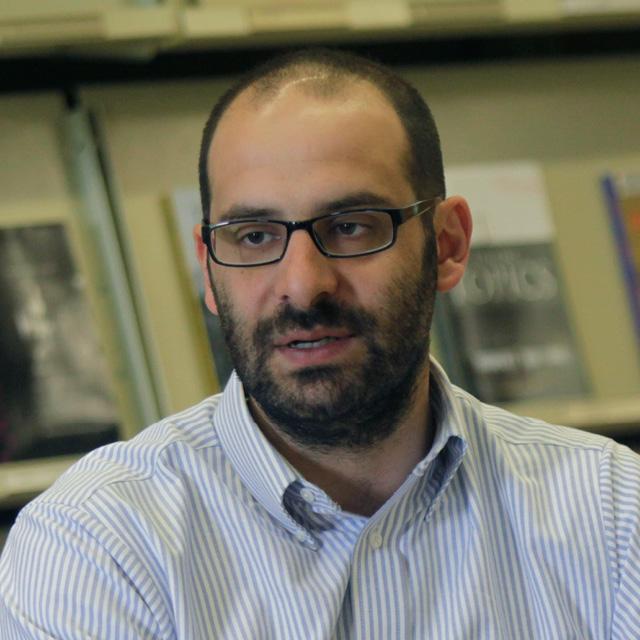
** Omar Dahi is an associate professor of economics at Hampshire College. His research interests are in economic development, international trade, domestic and international political economy, South-South economic and political relations, comparative regionalism, post-conflict recovery and critical security studies. He has published in numerous academic outlets. His first book, co-authored with Firat Demir, came out last September. It was South-South Trade and Finance in the 21st Century: Rise of the South or a Second Great Divergence.
Prof. Dahi serves on the editorial committee of Jadaliyya and as an associate editor of Review of Social Economy. From 2013-2018 he served on the editorial collective of the Middle East Report. From 2014-2018, he was a Lead Expert in the United Nations Economic and Social Commission of West Asia’s National Agenda for the Future of Syria. He is also affiliated with the Arab Studies Institute as a Researcher.
Session 8, April 18:
“Palestinian refugees in Syria.” This session, held April 18, featured the following speakers:
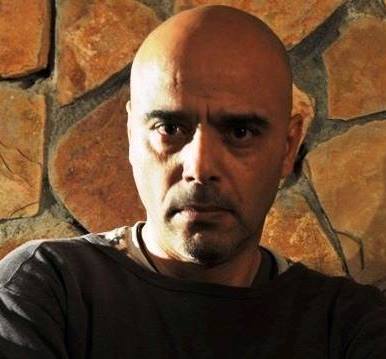
** Dr. Waddah al-Khatib, a Professor of Cultural Studies in Damascus University’s Department of English and the Director of the Language and Skills Center at the Syrian Private University. Khatib grew up Palestinian in Damascus. He got his B.A. at Damascus U before winning a Fulbright Scholarship that brought him to the University of Virginia, where he earned both an MA and a Ph.D. in English Literature.
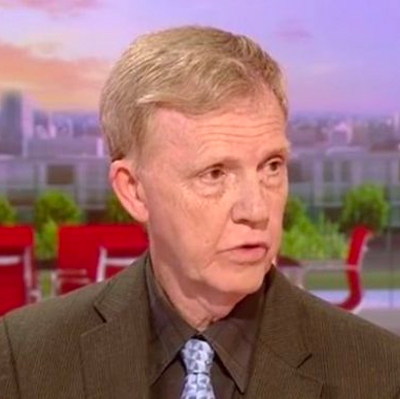
** Amb. Peter Ford, who was the chief representative to the Arab world of the UN relief agency UNRWA, 2006-14. Prior to that, 2003-06, he was the UK’s ambassador to Damascus. In his UNRWA role he traveled to many Arab countries, including Syria, which is host to more than 500,000 Palestinian refugees. who are registered with the agency.
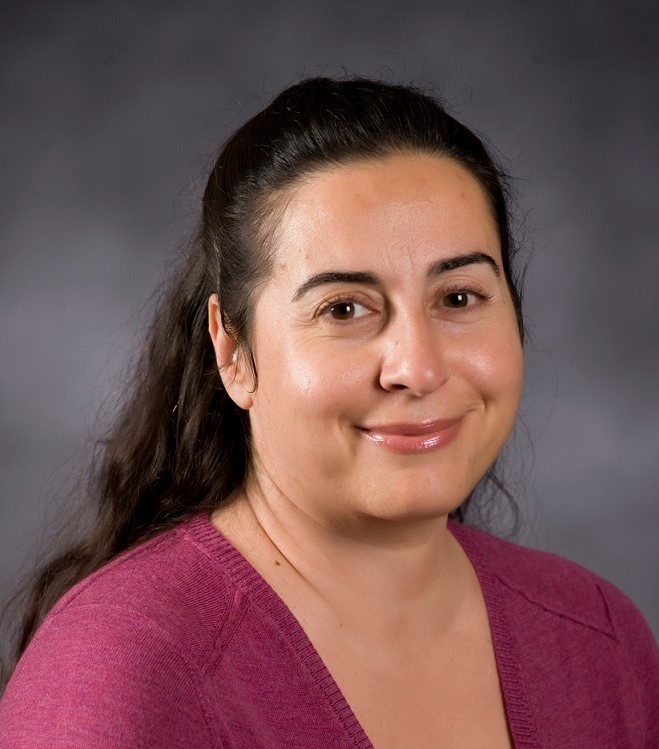
** Dr. Faedah Totah, an Associate Professor of Anthropology at Virginia Commonwealth University. Her 2014 book Preserving the Old City of Damascus was published by Syracuse U.P. She has spoken and written widely on the topic of Palestinians in Syria, including a 2007 article “Les Palestiniens de la vieille ville de Damas” and a 2018 article on “The Palestinian Cause in Syrian Nationalism.”
Session 9, April 22:
“Sanctions and their effect on reconstruction and public health in Syria.” This session, held April 22, featured the following speakers:
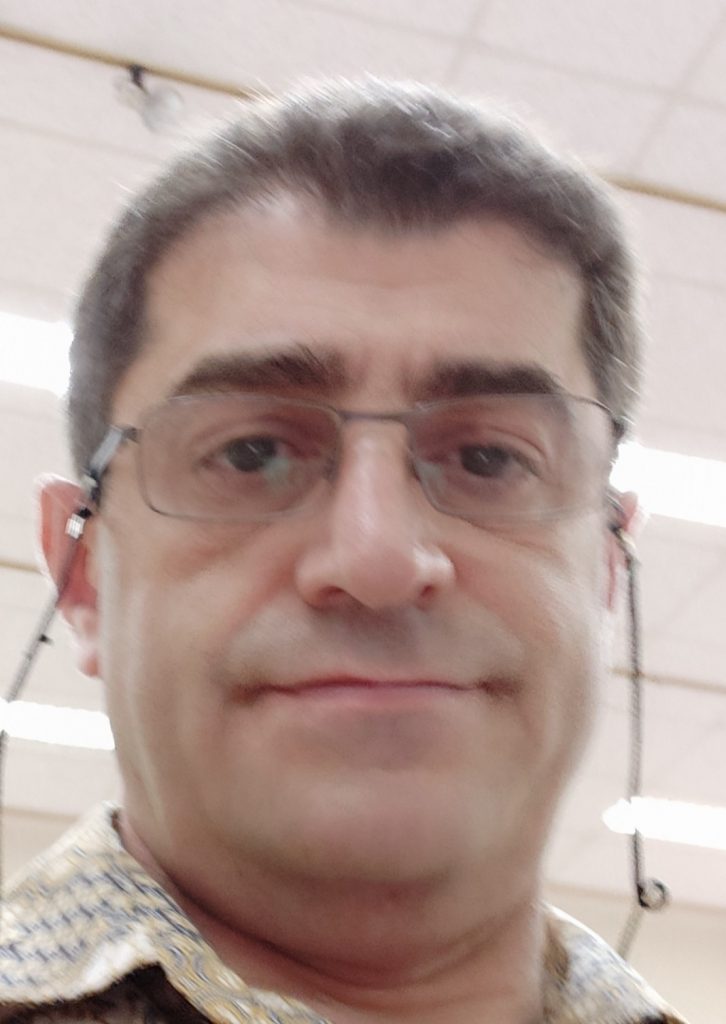
** Dr Issa Al-Chaer is a researcher and peace activist with special interest in strengthening community bridges and interfaith relations to solve conflicts. He is an advocate of humanitarian assistance and a member of the International Interfaith Peace and Reconciliation Group for Syria. The subject of this notable 2012 interview in Monthly Review Online, Issa has researched and presented on the role of Syrian reconciliation groups in securing local peace agreements and humanitarian improvements in Syria.
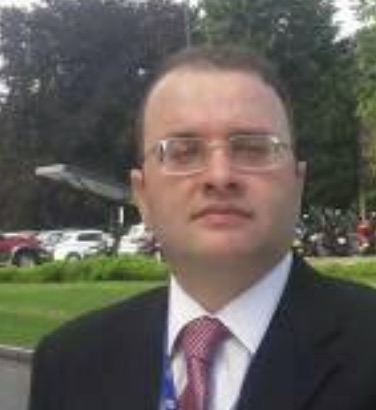
** Dr Adnan Azzouz is Dean of the Faculty of Arts at Qasyoun Private University in Damascus and a Lecturer at the Institute of Labor Studies in Damascus. As Senior Counsellor for International Relations at the General Federation of Trade Unions in Syria and a member of the Secretariat of the World Federation of Trade Unions, he was the lead organizer of the International Forums of Solidarity with Syrian People and Workers held in Damascus in 2015, 2017, and 2019.
Schedule for whole series
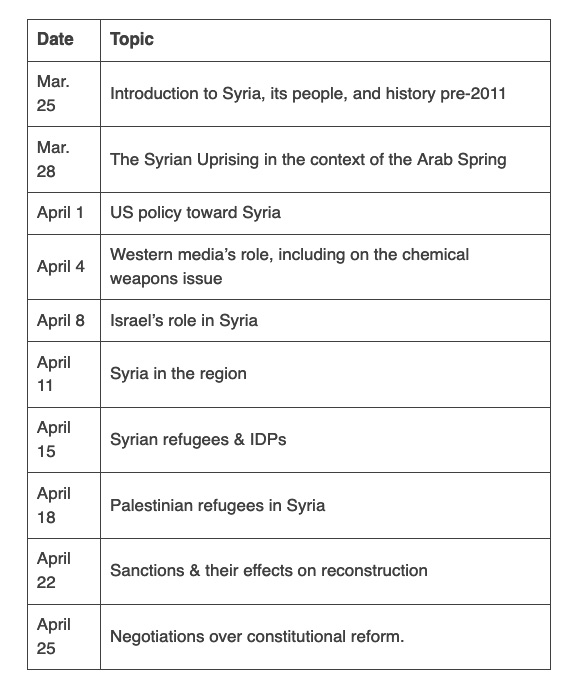
Maps used in webinar session 2
These maps were picked from two different sources on the internet to illustrate the changes on the ground in Syria, 2017-2020. The first one shows the situation in mid-2017. The second shows it in February 2020. The black area of ISIS has been reduced to a few blobs. The red area of government control has expanded greatly. The areas held by non-ISIS regime opponents, shown in light green on the left, is shown (much diminished) in grey on the right. On the righthand map, the olive-green blob is the US military presence.
Reading list for background on Syria
In recent years, the English-language publishing world has become inundated with books written in a fairly propagandistic and uncritical way by and about supporters of the anti-Assad movement. There are, however, some well-written and objective books on the market that provide helpful explanations of different aspects of the situation in Syria. What follows is a short listing of these:
- Never Can I Write of Damascus: When Syria Became Our Home, by Theresa Kubasak and Gabe Huck (Just World Books, 2016.)
- Ashes of Hama: The Muslim Brotherhood in Syria, by Raphael Lefevre (Oxford U.P., 2013.)
- Under the Black Flag: An Exclusive Insight into the Inner Workings of ISIS, by Sami Moubayed (I.B. Tauris, 2015.)
- The Battle for Syria: International Rivalry in the New Middle East, by Christopher Phillips (Yale, 2016.)

